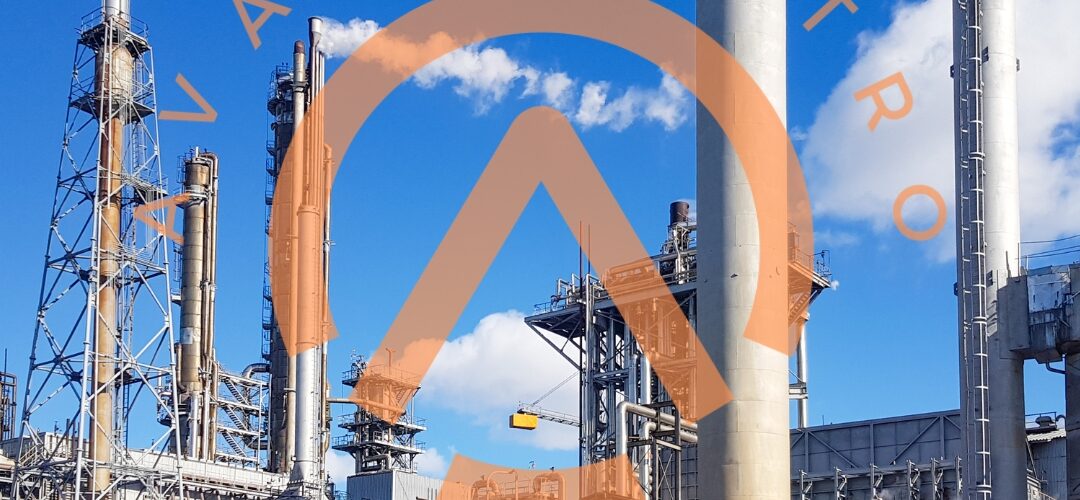Suitable for casting with polyester and ABS
Understanding Suitable Materials for Casting: Polyester, ABS, Glass, and Mica Reinforcement
In the realm of casting, the choice of materials holds paramount importance, determining the outcome’s quality, durability, and mechanical strength. Selecting the right materials for casting, particularly in fields like engineering, architecture, and product design, involves a nuanced understanding of various elements. Polyester and ABS, combined with glass and mica reinforcement, stand as key materials sought after for their unique properties and the exceptional mechanical strength they offer.
Polyester and ABS: A Dynamic Duo
Polyester and ABS (Acrylonitrile Butadiene Styrene) are two prominent materials extensively used in diverse casting applications. Each offers distinct advantages contributing to their popularity in various industries.
Polyester: Versatility Meets Durability
Polyester, a synthetic resin, boasts exceptional versatility and adaptability, making it a preferred choice in casting. Its attributes such as chemical resistance, dimensional stability, and ease of manipulation during casting processes make it highly sought after. Additionally, polyester is known for its cost-effectiveness, which adds to its widespread usage.
ABS: Resilience and Structural Integrity
ABS presents a blend of acrylonitrile, butadiene, and styrene, endowing it with commendable impact resistance, toughness, and heat endurance. Its ability to maintain structural integrity under varying temperatures makes it a valuable component in casting applications, especially where mechanical strength is crucial.
The Role of Glass and Mica Reinforcement
The incorporation of glass and mica reinforcement elevates the structural attributes of cast materials, enhancing their strength and performance in multifarious applications.
Glass Reinforcement: Strength through Integration
The infusion of glass fibers within casting materials, like polyester and ABS, significantly amplifies their strength-to-weight ratio. Glass reinforcement contributes to increased tensile strength, dimensional stability, and resistance to chemical corrosion, crucial for applications requiring durability and reliability.
Mica Reinforcement: Enhancing Thermal and Electrical Properties
Mica, a naturally occurring mineral renowned for its thermal and electrical insulating properties, fortifies cast materials when integrated. Its addition enhances thermal stability, electrical insulation, and overall mechanical strength of the casting, making it an asset in industries requiring materials with high tolerance to heat and electrical stress.
Achieving Optimal Mechanical Strength
The synergy of polyester and ABS combined with glass and mica reinforcement brings forth exceptional mechanical strength in cast materials. The unique properties of these materials, when harmoniously integrated, yield final products with superior tensile strength, impact resistance, and dimensional stability, meeting the rigorous demands of modern applications.
Conclusion
Understanding the nuances of suitable materials for casting, notably polyester and ABS integrated with glass and mica reinforcement, is pivotal in achieving the desired outcomes in various industries. The amalgamation of these materials results in cast products endowed with unparalleled mechanical strength, durability, and performance.
For those seeking reliability, durability, and superior mechanical properties in their casting endeavors, the combination of polyester and ABS with glass and mica reinforcement stands as a promising choice, ensuring the fulfillment of stringent requirements across diverse applications.
Written by Emir Narin

